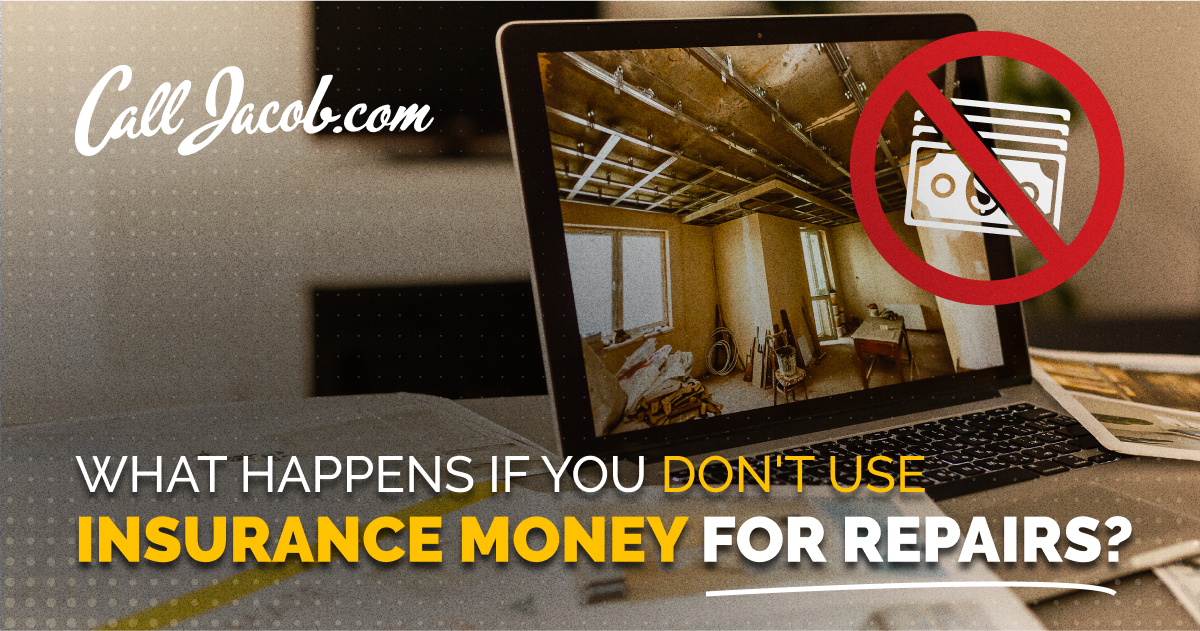If your car accident claim is approved, you’ll most likely use the insurance money for repairs. But what happens if you don’t? Many claimants worry about being denied or receiving a check for less than the repairs to a vehicle. However, it’s not unheard of for someone to consider using the money for something else. We’ll now answer the question, “What happens if you don’t use the insurance money for repairs.”
The short answer is—it depends on whether you own/lease the vehicle, what your insurance policy says, and the legal requirements in your state. Here’s a more in-depth look.
When You Can Keep the Insurance Claim Check
If You Own the Car Outright
When you don’t have a loan or lease on the car, and the check is in your name, there are no rules on what to do with the money. Pocketing the cash won’t be considered fraud. Your insurer fulfilled its responsibility, and presumably, you’ve met your policy’s requirements.
If your car has cosmetic damage, you could decide not to fix it and spend the money on something else. But you can’t claim the same damage again, or you can be charged with fraud. And consider the type of repair you need. Neglecting to make some repairs can put your safety at risk.
The Insurance Check Is More Than The Repairs
This is a fortunate situation. Policyholders often receive checks for less than what repairs cost. But what if the repair bill is less than what you receive? Insurance payouts are usually based on inspections by claims adjusters and estimates by auto body shops. Nonetheless, if you get more than the insurer pays out, you don’t have to return the leftover money. Chances are, it won’t be that much anyway.
When Using Your Claim Check for Anything Else Is Not an Option
There’s a Lien on Your Car
If you lease a car or have a loan, there will be a lien on the vehicle. Most lien holders require being notified of any damages or insurance payouts. You can discuss the issue with them, but most likely, they will demand you fix the car. The vehicle is their asset. Therefore, if you pocket any claim money, they can argue their asset is not being repaired or properly cared for.
Also, the lender or leasing company may be named on your insurance policy. That means the check will be made out to both you and them. Your lender/lessor will most likely require you to use the check for repairs. They’ll also need documentation proving you met your obligation, such as repair receipts or before and after photos of your vehicle.
The Insurance Check Goes Directly to the Repair Shop
Depending on your insurance company, they may send the claim check to the auto shop. This ensures the money goes toward repairs. When filing a claim, you may be required to use an insurer’s preferred mechanic, although some insurers will let you pick one.
However, it’s usually easier to work with a preferred vendor. The insurance provider may otherwise require obtaining multiple appraisals, meaning you’d have to visit several mechanics before your claim is approved. Working with a preferred shop avoids this. The insurer may even pay them directly.
Does the Law Affect What Happens If I Don’t Use Insurance Money for Repairs
Insurance laws are mostly set at the state level. As a result, insurance rates and how payouts are managed differ greatly from one state to another. In some states, insurance companies are required to write a check to the person covered by the policy (unless the insured requests otherwise). Other states require a lease or loan company to be named on a policy and claim check.
Contact The Law Offices of Jacob Emrani
Our Los Angeles personal injury attorneys can help if your insurance company denies a claim or sends a check for less than the cost of repairs. We will fight for your rights and ensure you recover the money needed to fix property damage and pay for your medical bills after an accident. To set up a free case evaluation at our law firm or in your home or office, call (888) 952-2952 today.



